African leaders are visiting China’s capital this week to seek funding for large-scale infrastructure projects, as they face mounting power competition for resources and influence on the continent.
China has strengthened ties with African countries over the last decade, providing billions of dollars in loans to help build infrastructure while also sparking controversy by saddling countries with massive debt.
China has sent hundreds of thousands of workers to Africa to build megaprojects, leveraging the continent’s vast natural resources such as copper, gold, lithium, and rare earth minerals.
Beijing has announced that this week’s China-Africa forum will be its largest diplomatic event since the Covid-19 pandemic.
African leaders such as South Africa, Nigeria, Kenya, and others have confirmed their attendance, with dozens of delegations expected.
According to Ovigwe Eguegu, a policy analyst at consultancy Development Reimagined, African countries were “looking to tap the opportunities in China for growth”.
China, the world’s second-largest economy, is Africa’s largest trading partner, with bilateral trade totaling $167.8 billion in the first half of the year, according to Chinese state media.
According to the Chinese Loans to Africa Database, Beijing’s loans to African nations reached their highest level in five years last year.
The top borrowers were Angola, Ethiopia, Egypt, Nigeria, and Kenya.
However, analysts say China’s economic slowdown has made Beijing more reluctant to spend large sums of money.
China has also resisted offering debt relief, despite the fact that some African nations have struggled to repay their loans, forcing them to cut spending on critical public services.
“Since the last China-Africa forum six years ago, the world experienced a lot of changes, including Covid, geopolitical tension and now these economic challenges,” Tang Xiaoyang of Beijing’s Tsinghua University told AFP.
The “old model” of loans for “large infrastructure and very rapid industrialization” is simply no longer viable, he stated.
The continent is a key node in Beijing’s Belt and Road Initiative, a massive infrastructure project and a cornerstone of Xi Jinping’s efforts to expand China’s international public relations.
The BRI has channeled much-needed investment into African countries for infrastructure projects such as railways, ports, and hydroelectric plants.
However, critics accuse Beijing of burdening nations with debt and funding infrastructure projects that harm the environment.
Western and Chinese firms are competing in central Africa for access to rare minerals.
The continent is rich in manganese, cobalt, nickel, and lithium, all of which are essential for renewable energy technologies.
The Moanda region of Gabon alone contains up to a quarter of known manganese reserves, with South Africa accounting for 37% of global output.
The Democratic Republic of the Congo dominates cobalt mining, accounting for 70% of total global production. However, China leads in processing, accounting for 50 percent.
Mounting geopolitical tensions between the United States and China, which are feuding over everything from the status of self-ruled Taiwan to trade, have an impact on Africa.
In 2022, the White House stated that China aimed to “advance its own narrow commercial and geopolitical interests (and) undermine transparency and openness”.
Beijing insists that it does not want a new cold war with Washington, but rather seeks “win-win” cooperation that promotes development while benefiting from increased trade.
“We do not just give aid, give them help,” Tsinghua University’s Tang said. “We are just partners with you while you are developing. We are also benefiting from it.”
However, analysts fear that African nations will be forced to choose sides.
“African countries lack leverage against China,” Development Reimagined’s Eguegu said.
“Some people think you can use the US to balance China, You cannot.”







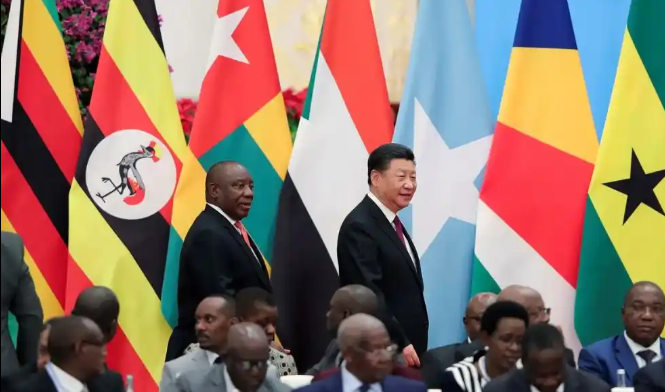






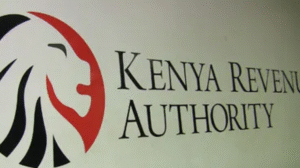
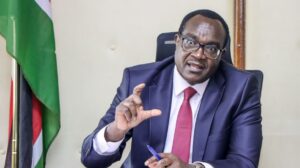



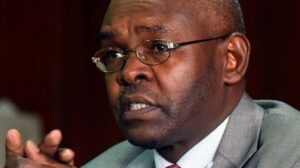
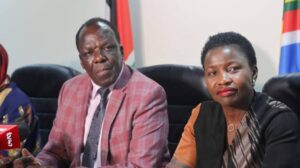
Add Comment